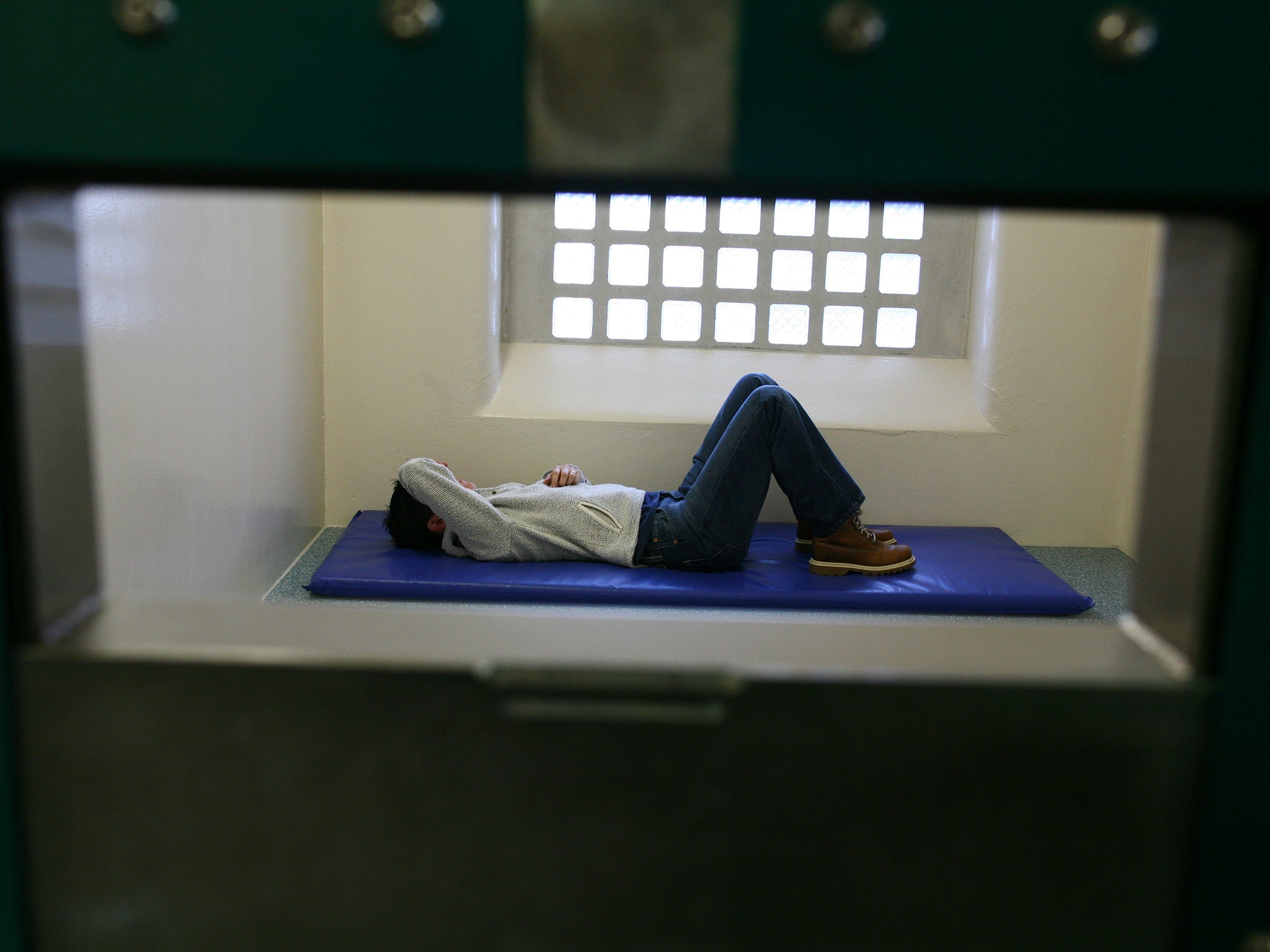Number of under-18-year-olds in custody falls to record low
But the proportion of black, Asian and ethnic minority young people in custody is rising

The number of under-18-year-olds in custody in England and Wales has fallen to a record low, dropping below 900 for the first time.
Data published by the Ministry of Justice shows the number of young people in custody - meaning a secure unit that is not an adult prison - has fallen 4.8 per cent in a single month, to 877.
This is a 71.5 per cent reduction from the recent peak in June 2008, when the number of incarcerated young people stood at 3,072.
But despite the decrease in the overall number of young people in custody the proportion of under 18s who were black, Asian or from an ethnic minority (BAME) background is increasing.
In 2008, the number of young people from a BAME background in custody was 25.3 per cent of the total.
Penelope Gibbs, chair of the Standing Committee for Youth Justice (SCYJ) told trade journal Children & Young People Now that while the overall reduction in the number of young people in custody was “fantastic” she said the number of BAME on remand was still “alarmingly high”.
She said: “These are long-term trends and we need to discover whether ethnic minority children are being discriminated against at any point, and why so many children are locked up on remand, only to be freed on sentence”.
It comes after the SCYJ released a report on Monday which said England and Wales topped international league tables when it comes to the punitive treatment of young people in its justice system.
The report - which looked at the criminal justice systems of a dozen countries - found that a young person who goes through the system in this country is far more likely to suffer for it in later life.
Ms Gibbs said: “A child who has shoplifted a couple of times will suffer the disproportionate penalty of not only having the offences recorded for life, but also having to disclose it at key points – such as entering university or applying for certain jobs, such as a teacher, or a police officer.
“No other country reviewed inflicts such tough penalties on a child who offends.”
Subscribe to Independent Premium to bookmark this article
Want to bookmark your favourite articles and stories to read or reference later? Start your Independent Premium subscription today.
